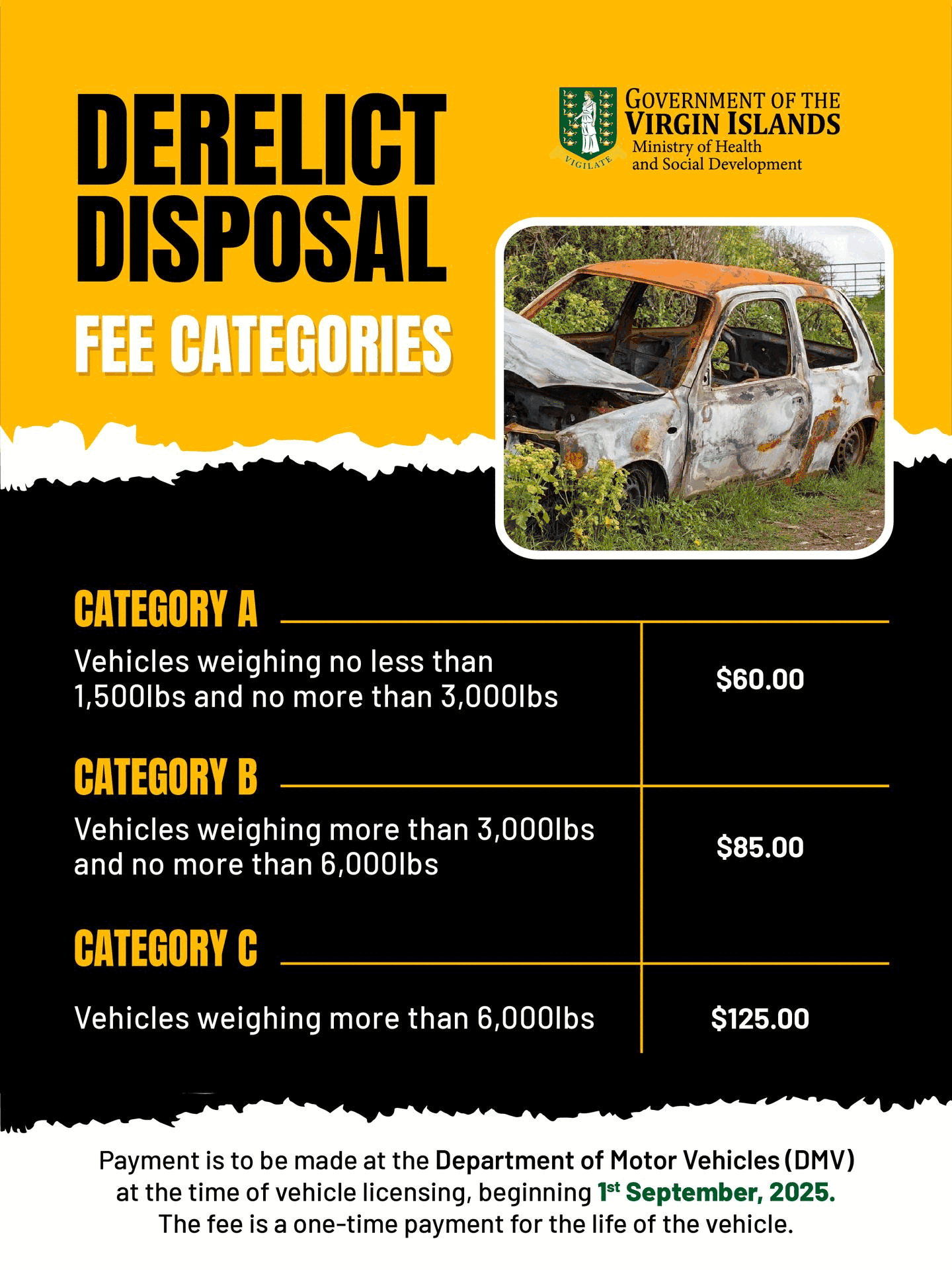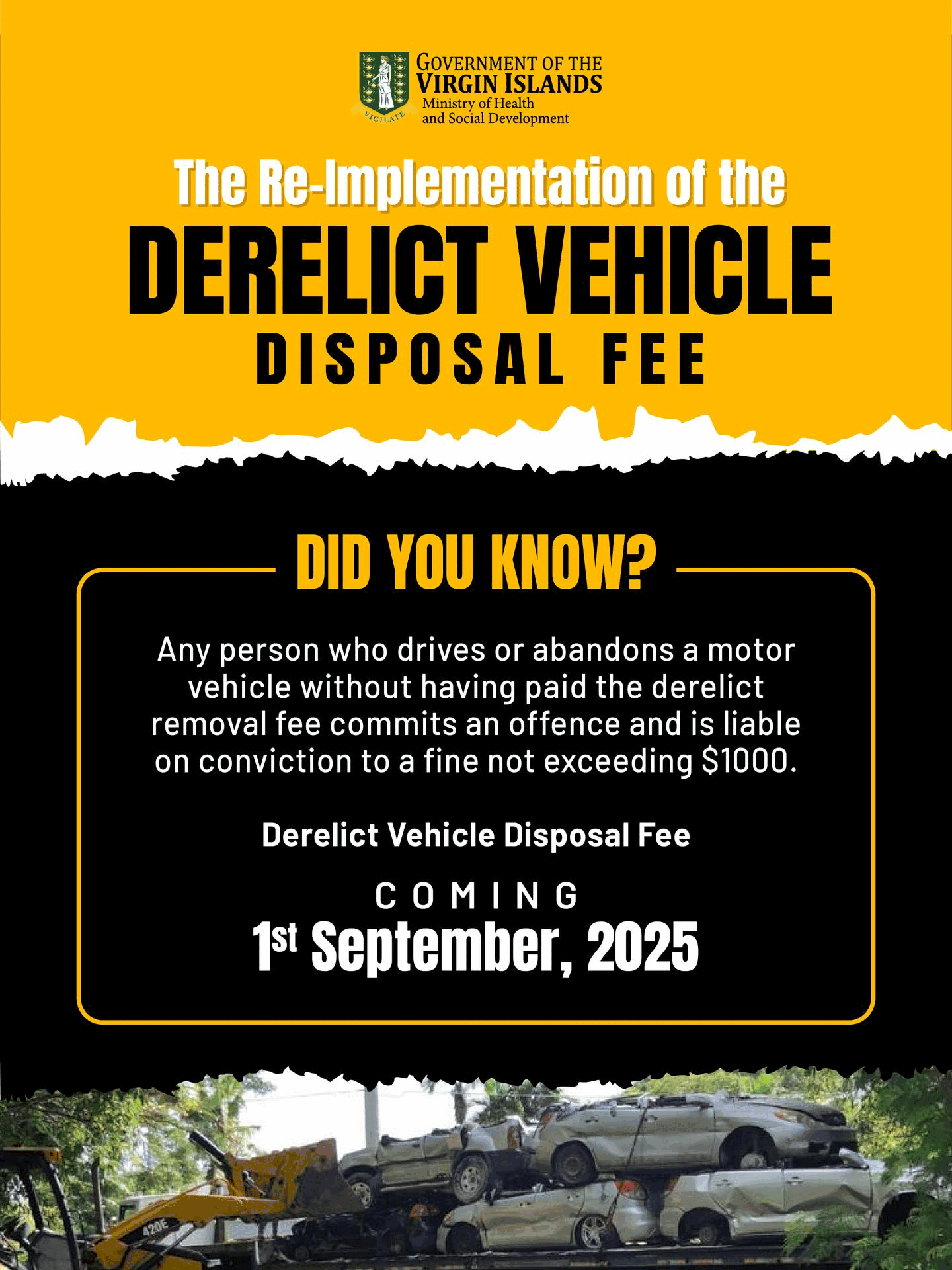80% of whistleblowers sacked
Complains Commissioner Nicola Williams found in a new report released Thursday that even though public sector workers recounted numerous instances of intimidation, victimization and reprisals against whistleblowers, chief officers claimed to be unaware of such issues. In the cases used for the report 80% of whistleblowers in the Cayman Islands Government lost their jobs while the other 20% were transferred, demoted or overlooked for promotion.
Williams said in her Own Motion Investigation, entitled “Let the whistle blow", that having no policies or law to protect whistleblowers in government undermines their ability to comply with the Public Service Management Law and fuels public sector corruption.
Having investigated what protective measures were in place for whistleblowers or people who report wrongdoing that they have witnessed in the work place, especially by their superiors or politicians, Williams said there was no adequate protection and has made a number of recommendations in her report.
Calling for stand-alone legislation and government policy, a positive duty to report, encouragement of civil servants to report, accountability when wrongdoers are exposed, confidentiality assurances and a hot line, the commissioner said government should begin an education campaign and even consider appointing a minister for public service and integrity.
Williams said she and her team examined existing legislation, policies and the work culture and the tolerance of wrongdoing in the first place, as well as what has happened to those who have blown the whistle.
During the investigation into the report the OCC found that most of the whistleblowing that people had reported related to financial irregularities. However, all of the civil servants interviewed for the report who said they had blown the whistle said they found themselves penalized, while those who were responsible for the wrongdoing remained in the jobs continuing the same practices unchecked. With whistleblowers exposed and the wrongdoers left in post, these government employees who did the right thing have also suffered victimization.
Williams found that Cayman’s small society was one of the problems that prevented people from whistleblowing, as there seemed to be numerous ways that those who report wrongdoing can be victimized outside of work as well as in and that their future prospects of work if they leave government were also at risk.
Concerns that whistleblowers, not the wrongdoers, are being punished fuels corruption. With no policies or systems in place for reporters, Williams found civil servants asking simply, “What happens to me?” if they reveal what they know.
Despite recommendations made almost six years ago following the report into documents leaked by former permanent secretary Charles Clifford, there is still little or no protection for whistleblowers in the Cayman Islands government. Many believe making a complaint about a colleague, boss or politician is simply career suicide.
The absence of a safe comprehensive system underpinned by legislation that is enforced does not just impact employees of government but the wider community, Williams said in her report, which lays out detailed recommendations and the need for stand-alone legislation to deal with this issue as part of the overall goal to improve good governance in general.












.png)










.png)








.jpg)








Leave a Reply